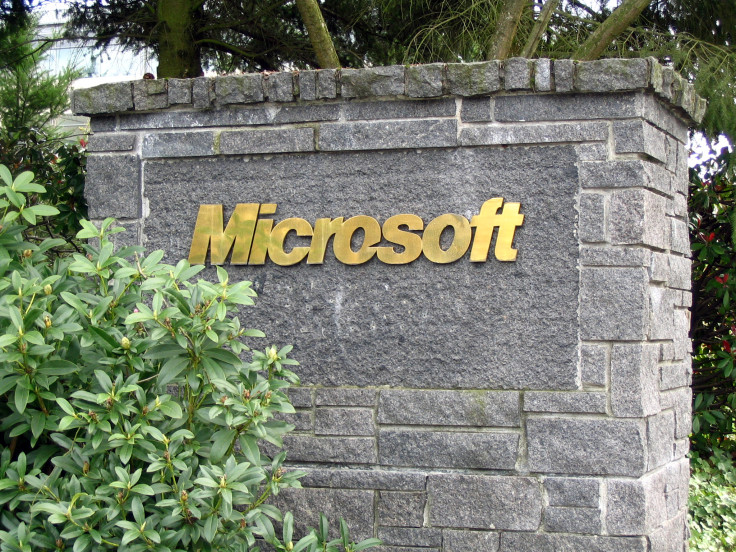Microsoft Bing Under Fire For Displaying Biased Results On Searches About Disputed Island
Bing shows "Takeshima" for "Dokdo" searches in Japan, representing the contested Sea of Japan islet as claimed by both Korea and Japan.

A recent study found that searching for "Dokdo" on Bing in English from the US and Japan returned results primarily using terminology favoured by Japan, which disputes South Korean sovereignty over the Dokdo islets. This finding has raised questions about potential bias in Bing's search algorithm.
A study by Professor Seo Kyoung-duk of Sungshin Women's University revealed that searching for the Dokdo islets on Bing in the US primarily displays the term "Liancourt Rocks". This name, used by the Japanese government in territorial claims against Korea, is derived from a French whaling ship that found the islets.
Professor Seo also found that searching for "Dokdo" in English from Japan primarily displays results with the name "Takeshima," the term Japanese use for the islets. Also, these findings suggest that the descriptions accompanying these results often present the islets as a disputed territory within the Sea of Japan, claimed by both Korea and Japan.
Professor Seo noted that Dokdo is "unequivocally Korean" citing historical, geographical, and legal reasons. The South Korean scholar also urged against presenting it as a disputed or contested area.
Dokdo naming dispute: Is Bing biased?
Interestingly, searching for "Dokdo" in English on Bing within South Korea offers results primarily using the Korean term "독도" and describing it as a reef situated in the East Sea. Likewise, searching for "Dokdo" in English on Bing from India showcases yet another perspective.
Interesting find! Searching for Dokdo on #Bing within India brings up this description. What do you think? pic.twitter.com/W8s1pg866k
— Vinay Patel (@VinayPatelBlogs) February 23, 2024
The search result describes Dokdo as "a group of islets located in the Sea of Japan between the Korean peninsula and the Japanese archipelago. These islets are administered by South Korea".
Professor Seo highlighted a recent change on the Russian Wikipedia (RuWiki) where the Dokdo description was changed from disputed to belonging to Korea. According to a report by The Korean Bizwire, he is planning to submit a formal complaint to Microsoft concerning the search results for Dokdo on Bing.
He urged the Redmond-based tech giant to change the search results and show accurate information about Dokdo. It is worth noting that Microsoft has been sparing no effort to improve its Bing Search.
For instance, the company added a Generative AI Captions feature with customised snippets and summaries of individual web pages to Bing Search last year. Still, a 2023 report revealed that Microsoft's Bing search market share decreased year over year.
New features on the horizon for Bing
Microsoft is reportedly testing a new design for Bing's search result navigation. Instead of displaying the traditional pagination bar with clickable page numbers at the bottom, the company is experimenting with a simpler layout featuring a single "next page" button and a "refresh" button.
Bing desktop search is testing a new pagination format, replacing the traditional pagination numbers with a "Next Page" button. cc: @rustybrick pic.twitter.com/eprPNLY5qx
— Shameem Adhikarath (@shemiadhikarath) January 25, 2024
This was spotted and shared by eagle-eyed observers Frank Sandtmann on Mastodon and Shameem Adhikarath on X. Interestingly, Shameem recently noticed a version with only the "next page" button, which is a major sign that Microsoft might be testing different variations.
© Copyright IBTimes 2025. All rights reserved.






















